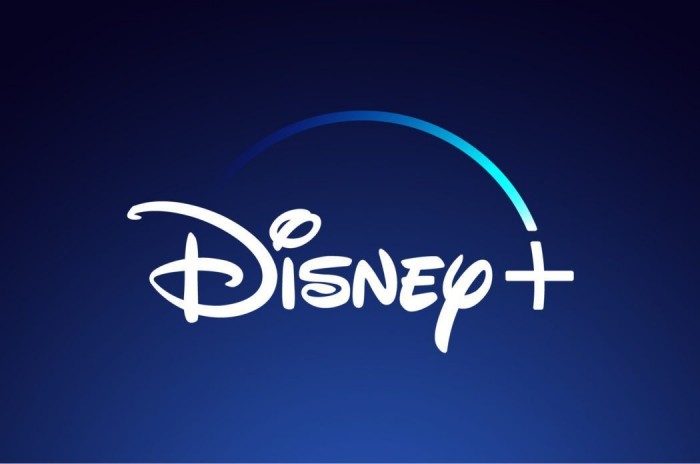Free Fire: Becoming the Hottest Tactical Competition Game in the US After Its Success in Southeast Asia and Latin America
Launched 3 years ago, "Pokemon Go" is still going strong!
Free Fire Shows Strong Momentum, with Its Revenue Overtaking PUBG Mobile in a Single Market for Q1 2021
Slay the Spire: Deck-Building Mastery Unleashed
How Much do you Know About the Game Minecraft?
Supercell‘s sixth mobile game "Rush Wars" is now in beta
It is reported that the American media companies are gradually reached a consensus about the future of the cable TV. They estimate that in the next five years, about 25 million American households will cancel their cable subscriptions. Since 2012, 25 million households have canceled their cable subscriptions. However, people familiar with the matter said privately that at least three major media companies are still expecting cable TV subscriptions to stabilize at around 50 million.

The decrease in cable subscriptions means that for America's major media companies, revenues will drop by about $25 billion (including related advertising losses). These include Disney, Comcast's NBC Universal, AT&T's Warner Media, ViacomCBS, Fox, Discovery, Sinclair and AMC Networks. This expectation has led to a structural change in the media industry. In the past three months, Disney, NBC Universal, Warner Media and Viacom have all announced major restructurings. They replaced old leadership, integrated related departments, laid off tens of thousands of employees and shifted to focus on streaming video.
American audiences can now choose among mainstream media streaming services. These streaming services include Disney+, Warner Media's HBO Max, NBC Universal's Peacock, ViacomCBS's Paramount+, Discovery+ and AMC+, with prices ranging from free to $15 per month. Many streaming services were launched last year, while others will be launched in early 2021.
The major media companies' plan is simple: they hope enough people will sign up for streaming services to make up for the lost cable TV subscribers.
However, streaming media services may not be able to save the decline in US media companies' revenue.
In 2015, Jeff Bewkes, Time Warner's chief executive, met his senior management team to discuss the future of his two flagship cable networks, TNT and TBS.
For more than a decade, TNT and TBS have been maintained by rebroadcasting of hit shows like Seinfeld, Friends, Family Man, The Office and more. But eventually they ran into challenges from Netflix, Hulu and Amazon Prime Video. These streaming companies have obtained the digital rights to the hit shows, allowing viewers to watch the entire season on demand instead of having to watch it on cable TV at a certain time.
At the time, Bewkes said in an interview: " Streaming media has excellent performance and they have such superior technology." "Cable TV doesn't provide full video on demand. We rely heavily on advertising."
One year later, Bewkes agreed to sell Time Warner to AT&T for more than $100 billion, including debt. The following year, Rupert Murdoch also announced his exit from the cable business, selling most of Fox's assets to Comcast and Disney for more than $70 billion. The two men seem to have come to the same conclusion: the good days of cable TV are over. The longer the delay, the lower the value of these assets.
Under the cable model, consumers cannot choose the channels they are interested in and pay per bill. Consumers must buy dozens of cable channels at a time, even though they may only be interested in a few of them. For a long time, with this bundled sales model, cable TV has been regarded by media executives as a goose laying a golden egg.
In addition, in the past, popular cable TV networks were guaranteed in terms of distribution and payment, because if operators like Comcast decide not to pay for ESPN, then competitors such as Dish and AT&T’s DirecTV will dig out those who like sports programs.
But things are different now, and some streaming services already have enough program content to thrive in a smaller ecosystem of streaming media services.
Possible Outcome
The cable TV networks will continue to be profitable, and recent distribution deals ensure that. Still, some companies may not be able to succeed in the streaming world on their own, and they may need to merge to survive.
John Malone, the billionaire media tycoon who has been mulling the integration of cable TV for years, has long advocated asset consolidation. AMC's The Walking Dead alone is not enough to maintain the survival of cable television, but if combined with Lionsgate's Mad Men, MGM's 007 series, as well as the Discovery of reality show Top Chef and documentary program Deadliest Catch, this combination will provide enough content for cable TV in a period of time. Mr. Malone owns shares in Discovery and Charter, both of which could be used as vehicles for acquiring low-cost cable companies.